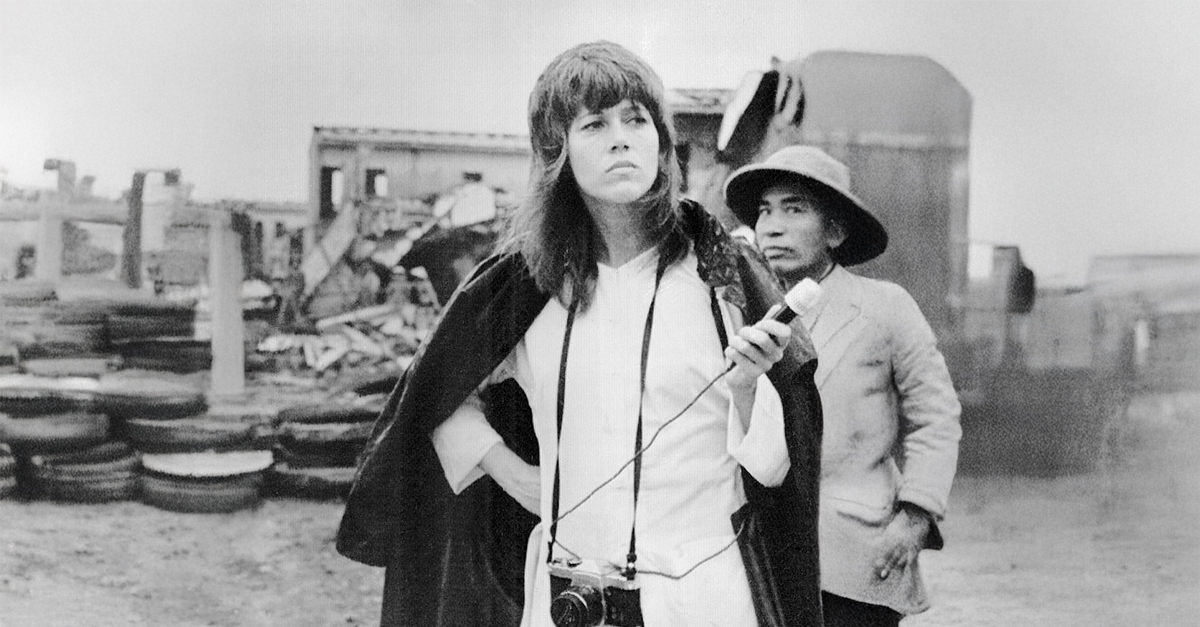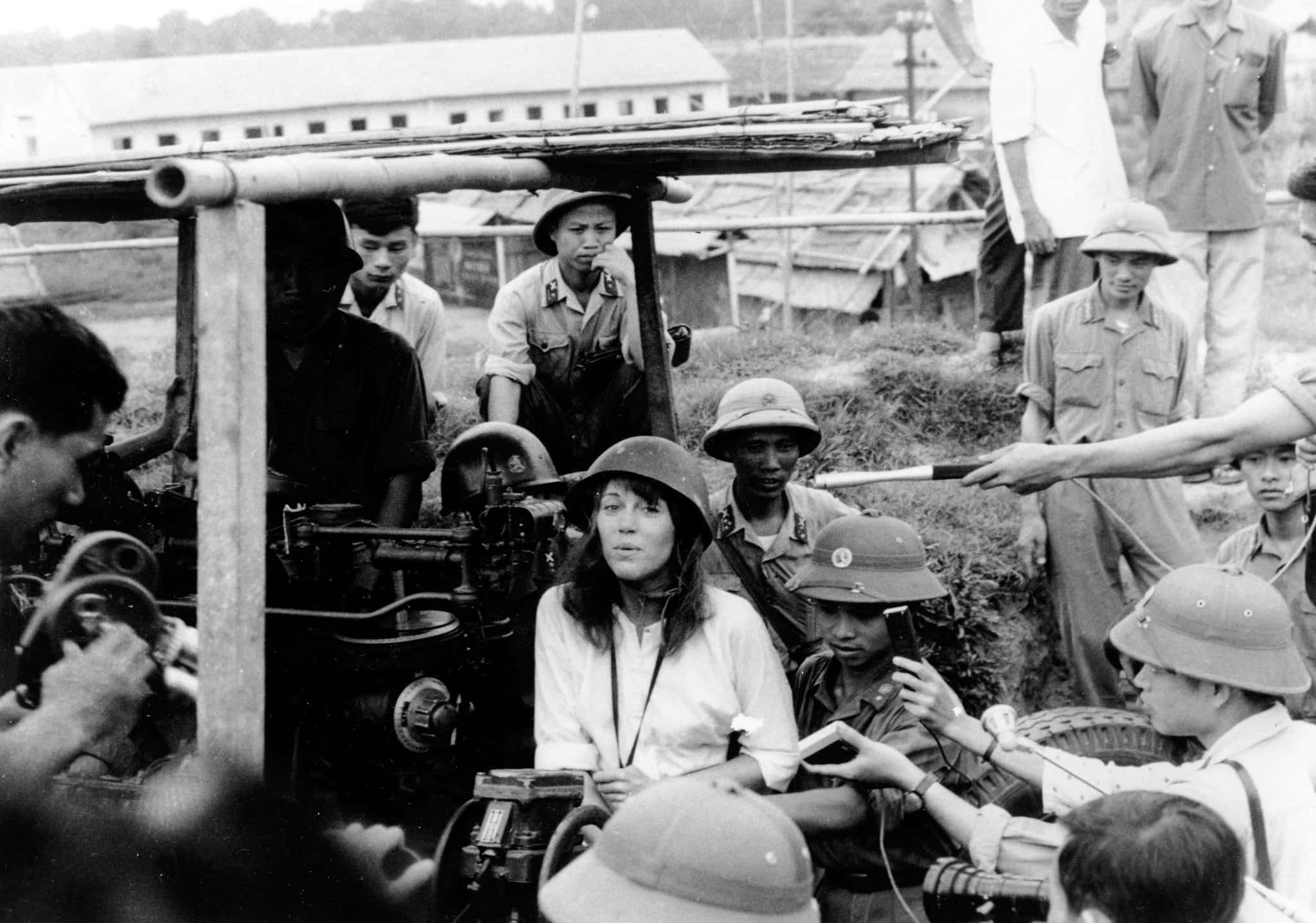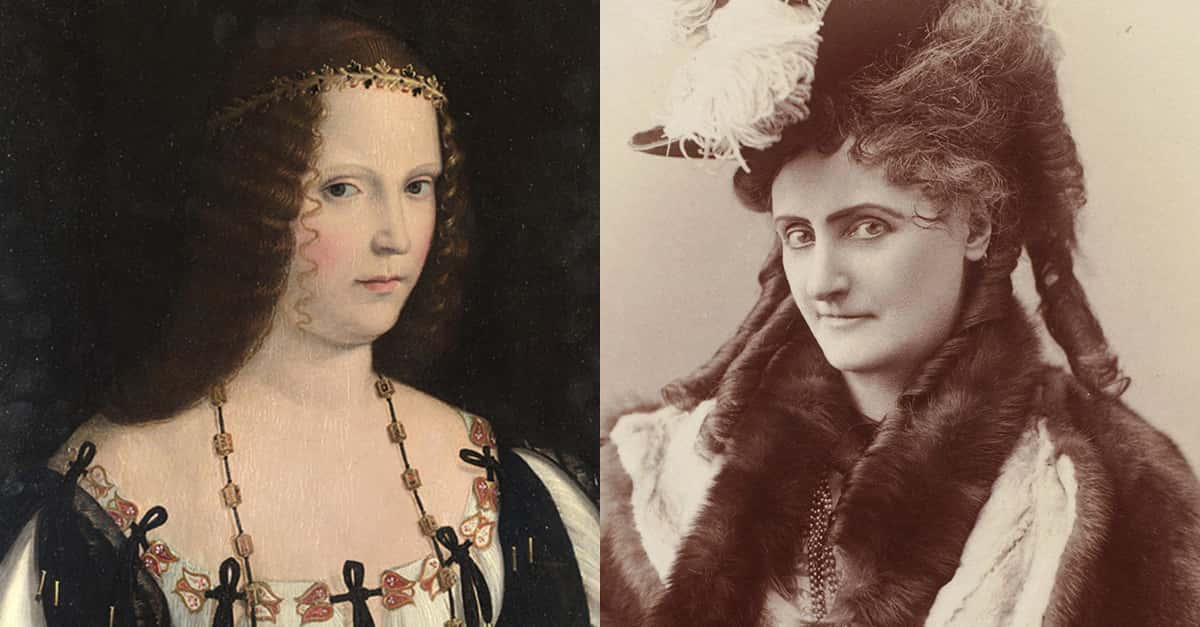Few American public figures have sparked as much controversy as Jane Fonda. Known today as an acclaimed actress and fitness guru, Fonda’s political activism during the Vietnam War remains one of the most divisive chapters of her life. Her trip to North Vietnam in 1972 and her attempts to reconcile with American veterans have defined her public image for decades.
The Decision To Visit Hanoi
In July 1972, Fonda made the deeply controversial decision to visit North Vietnam. She intended to draw attention to the U.S. bombing campaigns, which she believed were indiscriminately targeting civilians. Fonda had become increasingly radicalized in her opposition to the war, aligning herself with the anti-war group Vietnam Veterans Against the War (VVAW) and speaking out against what she saw as American imperialism.
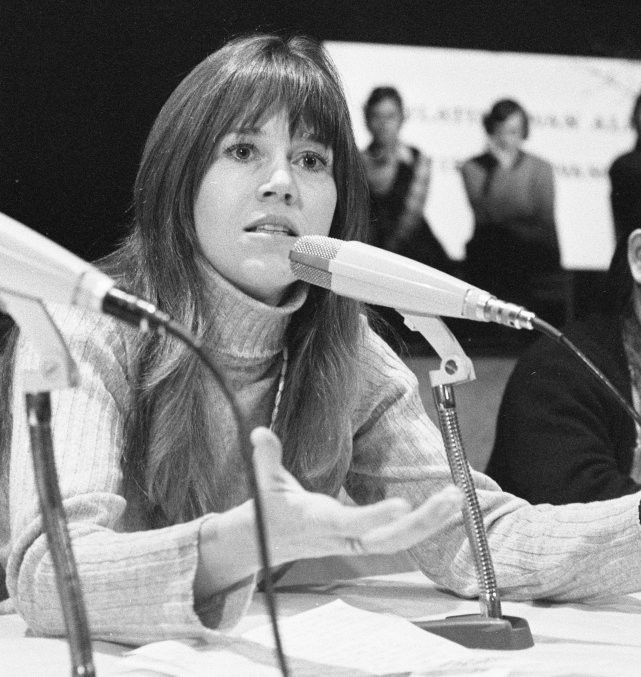 Verhoeff, Bert / Anefo, Wikimedia Commons
Verhoeff, Bert / Anefo, Wikimedia Commons
The Radio Broadcasts And Propaganda Photos
During her two-week trip, Fonda appeared on Radio Hanoi, making a series of broadcasts urging American pilots to stop bombing North Vietnam. She called them “war criminals” and described their missions as “genocidal”, a stance that outraged many in the United States. Worse, she was photographed sitting on an anti-aircraft gun used to shoot down American planes, an image that would haunt her for the rest of her life.
The Immediate Backlash
The reaction back home was swift and furious. Veterans groups and military families viewed her actions as treasonous, accusing her of betraying American troops and giving aid and comfort to the enemy. She earned the derisive nickname “Hanoi Jane”, a moniker that would follow her for decades. The image of Fonda on the anti-aircraft gun became a symbol of anti-war extremism to many.
Her Own Regrets And Apologies
Over the years, Fonda has repeatedly expressed regret for some aspects of her Hanoi trip, particularly the infamous anti-aircraft gun photo. In a 2005 interview with CBS News, she called the image “a lapse in judgment” and “a terrible mistake”. However, she has stood by her broader opposition to the war, insisting that her intentions were to stop the killing and expose government lies.
Efforts At Reconciliation
Fonda has made numerous attempts to reconcile with veterans, meeting with former soldiers, speaking at veterans’ events, and even funding Vietnam War memorials. In her 2005 autobiography, “My Life So Far”, she detailed her anguish over the pain she caused veterans, describing the backlash as “the largest regret of my life.” Despite these efforts, many veterans remain deeply skeptical of her sincerity.
The POW Allegations
One of the most damaging myths surrounding Fonda’s trip is the claim that she betrayed American POWs by revealing their identities to the North Vietnamese. This rumor, widely circulated in emails and online forums, has been repeatedly debunked. However, the persistence of this story highlights the deep, lingering anger many veterans still feel.
Unforgiving Veterans
Despite her apologies, a significant number of veterans remain unwilling to forgive Fonda. To them, her actions crossed a line that can never be erased. Many still refuse to watch her movies or support her work, and some veteran motorcycle clubs have even staged protests at her public appearances.
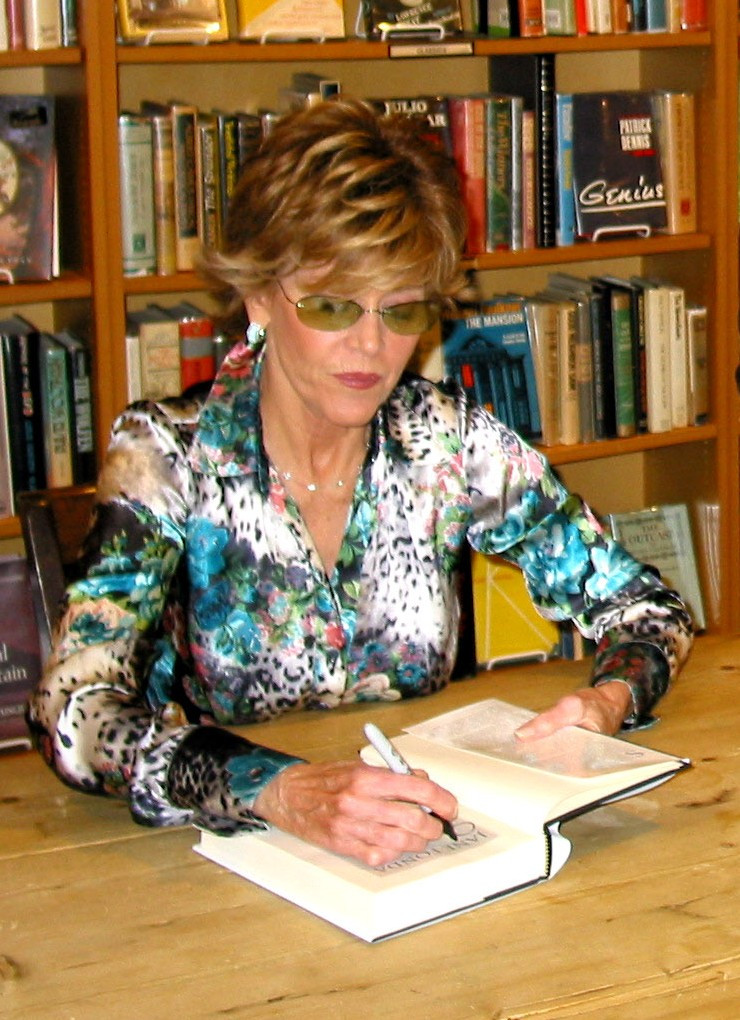 Paul Schultz, Wikimedia Commons
Paul Schultz, Wikimedia Commons
A Complex Legacy
Fonda’s Hanoi trip remains a lightning rod in American political discourse, reflecting the deep cultural and generational divides of the Vietnam era. While some see her as a courageous activist who spoke out against an unjust war, others view her as a traitor who slandered American soldiers at their most vulnerable.
Modern Perspectives On The Controversy
In recent years, younger generations have tended to view Fonda’s actions in a more forgiving light, seeing her as a flawed but committed activist who took a stand against an unpopular war. However, for many Vietnam veterans and their families, the wounds remain too deep to heal, and the “Hanoi Jane” label continues to color perceptions of her legacy.

History's most fascinating stories and darkest secrets, delivered to your inbox daily.
A Public Image Forever Changed
For better or worse, Fonda’s trip to Hanoi is an inseparable part of her public identity. Despite her later achievements as an actress, activist, and philanthropist, she will always be remembered as the woman who, in a divisive era, sat on the wrong side of American history.
You May Also Like:
Wars The United States Didn't Win
Chilling Facts About Henry Fonda, The Master Of Hollywood

